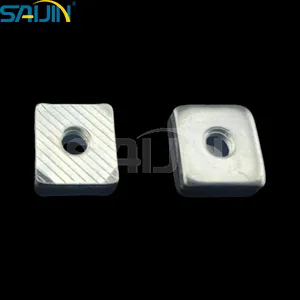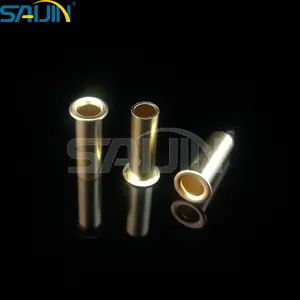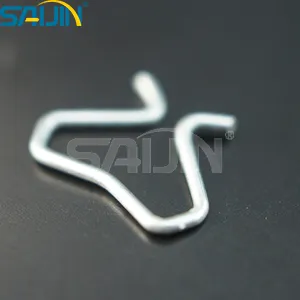Electrical contact materials have a history of nearly 100 years, initially using pure silver, pure gold, pure platinum to make contact materials; the 1940s began to use Ag, Cu, Au_Ag, Pt_Ir, Pd_Ag and other pure metals or alloys; since the 1960s the development of multi-precious metals and a variety of precious metal composite electrical contacts characteristics
Resistant to electrical wear, fusion welding and conductivity, low contact resistance, good stability.
Widely used in a variety of light and heavy load low-voltage electrical appliances, household appliances, automotive appliances, aerospace appliances, is the electrical contacts industry's most extensive products.
What are the common welding methods of Electrical Contact Points?
(1) Resistance brazing: The contact resistance between the silver contact and the contact bridge piece through the high current heat, so that the two brazed together, when welding to add flux.
(2) Flame brazing: The silver contact and the contact bridge are melted and soldered together using flame heating.
(3) Resistance spot welding: the use of high frequency current through the workpiece and welding contact surface between the resistance heat, the welding parts heated to a local melting state, the formation of molten nucleus, and then disconnected, and under pressure solidification crystallization, the formation of dense organization of the solder joint, so that the silver contacts and contact bridge piece welding together.
Silver contacts are the heart of the appliance, and the quality of the welding has a great impact on the electrical performance. At present, welding equipment, welding methods, welding processes and other welding-related research is being further developed, including improving the stability and reliability of welding, as well as energy saving and automation is the direction of research.












